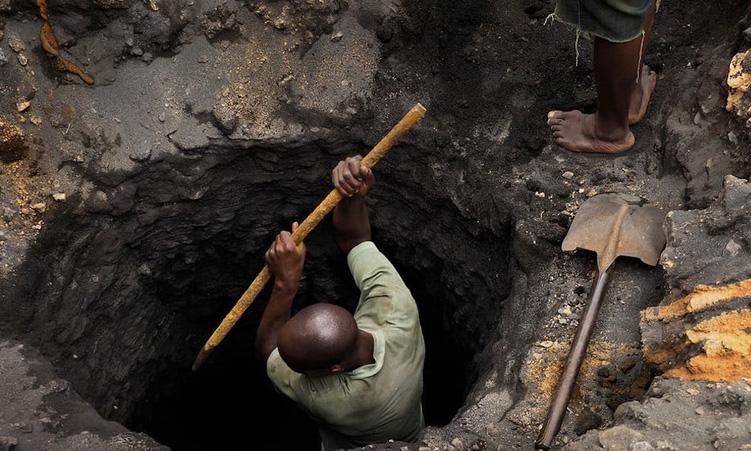THE Food and Agriculture Organisation (FAO) of the United Nations has started consultations for voluntary guidelines for responsible land tenure and other natural resources, which are to be implemented in due course to curb land degradation and to cope with climate change.
A regional conference started in Windhoek on Monday for member states of the South African Development Community (SADC) to discuss the draft guidelines, which are supposed to be finalised by 2011. The voluntary guidelines and their preparation by UN agencies include governments, civil society and the private sector, said Admir Bay, FAO representative to Namibia. ‘They will be based on internationally accepted standards, improve the governance of tenure, and thus contribute to alleviating hunger and poverty, empower the poor and vulnerable, enhance the environment, support national and local economic development, and reform public administration. ‘Weak governance is a cause of many tenure-related problems, and attempts to address tenure problems are affected by the quality of governance. The poor are vulnerable to the effects of weak governance as they lack the ability to protect their rights to land and other natural resources,’ Bay told the 80 delegates. Lands Minister Alpheus Naruseb, who opened the conference, said Government would come up with the Flexible Land Tenure Bill soon. ‘This new law will provide for the establishment of starter titles and land hold title schemes on land within the boundaries of a municipality, town or village or a settlement area.’The FAO guidelines seek among others to ‘ensure that indigenous people are not removed from their lands unless as an exceptional measure, ensure that indigenous people have the right to decide their own priorities for development as it affects their lands’ and that countries should establish and expand transparent processes for the transfer of ownership and other natural resources.’ The conference ends tomorrow and is organised by the Ministry of Lands and Resettlement, FAO, Germany’s Gesellschaft für Technische Zusammenarbeit (GTZ), Germany’s Ministry for Economic Cooperation and Development [BMZ] and the Namibia Institute for Democracy (NID).
Stay informed with The Namibian – your source for credible journalism. Get in-depth reporting and opinions for
only N$85 a month. Invest in journalism, invest in democracy –
Subscribe Now!










